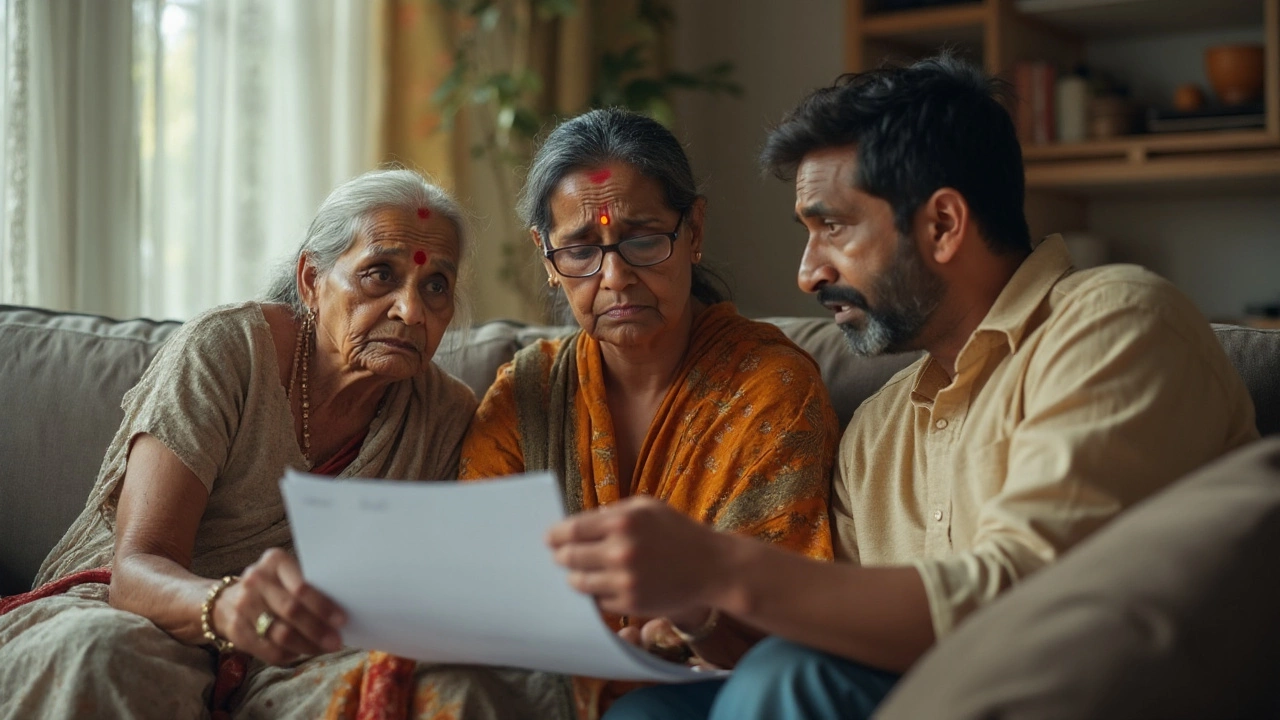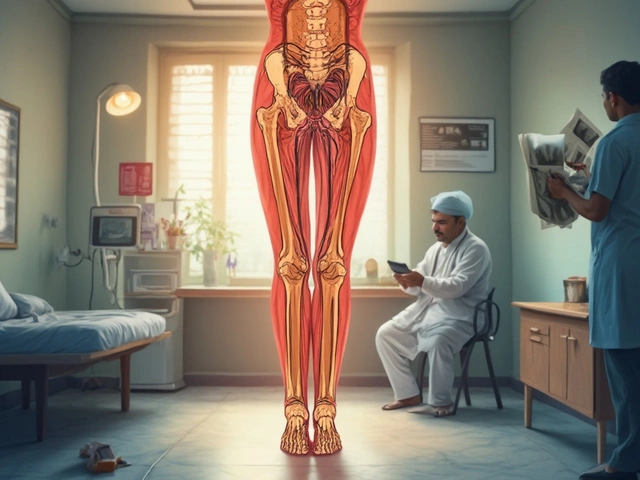Cancer Symptoms: What to Look for and Why It Matters
Noticing a new change in your body can be unsettling, but catching a problem early often makes treatment easier. Cancer doesn’t always announce itself loudly; many of its signs look like everyday aches or minor glitches. Knowing the most common symptoms helps you decide when a doctor’s visit is worth the time.
First off, a persistent lump or thickening that doesn’t go away after a few weeks is a red flag. It could be in the breast, testicle, neck, or any other spot where tissue feels different. Even if it feels painless, write it down and get it checked.
Unexplained Changes You Shouldn't Ignore
Weight loss without trying is another clue. Losing ten pounds or more in a short period, especially if you’re not dieting or exercising more, often signals something deeper. Pair that with a loss of appetite, and you have a symptom worth a medical chat.
Unusual bleeding or discharge also tops the list. Blood in the stool, urine, cough, or a change in your menstrual cycle can point to cancer in the colon, bladder, lungs, or reproductive organs. If it’s new or changes in amount, call your doctor.
Everyday Symptoms That Could Hide a Bigger Issue
Fatigue that doesn’t improve with rest is more than just feeling tired. Cancer cells can drain your energy, leaving you wiped out even after a full night’s sleep. If you’re constantly exhausted and nothing else explains it, schedule a check‑up.
Persistent pain, especially if it’s new or getting worse, needs attention. Back pain, headaches, or bone aches that linger for weeks could be a sign that a tumor is pressing on nerves or organs.
Finally, skin changes like new moles, sores that won’t heal, or a sudden change in the color or size of an existing mole can hint at skin cancer. Keep an eye on any spot that changes shape, color, or becomes itchy.
Remember, having one of these signs doesn’t guarantee cancer, but ignoring them can delay diagnosis. Keep a symptom diary: note when it started, how it feels, and any patterns you notice. Bring this list to your doctor – it makes the conversation clear and focused.
Early detection often means more treatment options and better outcomes. Screening programs for breast, cervical, colorectal, and lung cancer are designed to catch disease before symptoms appear. If you’re in the recommended age group, ask about getting screened.
Bottom line: trust your gut. If something feels off, it’s worth a quick call to a healthcare professional. A short visit now can save a lot of worry later.






